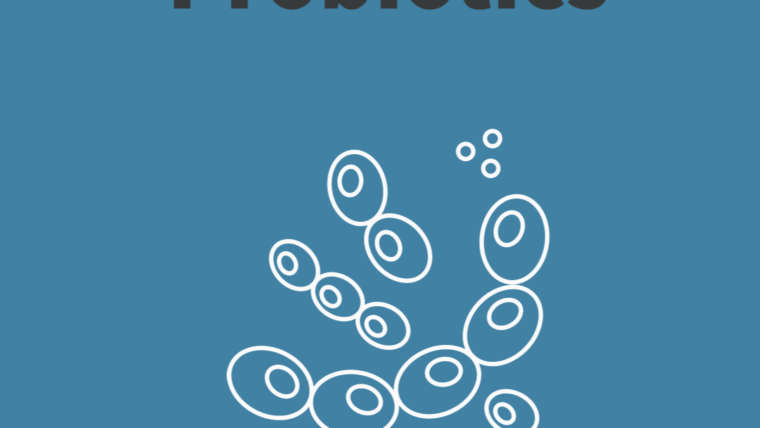Thyroid
Thyroid is a of endocrine system located in the front of the neck that has two lobes, one on either side of the Larynx. Thyroid Hormones determine the body’s Basal Metabolic Rate (BMR) and responsible for the production and secretion of Thyroxine (T4) and Triiodothyronine (T3) and T3 stimulate the production of energy (Adenosine Triphosphate (ATP) in the Mitochondria of Cells). . Over active Thyroids may cause Atrial Fibrillation. Thyroid Hormones may help to prevent many types of Cardiovascular Diseases and are involved in the preservation of Cardiovascular function. Thyroid Hormones are essential for Growth in children(Growth cannot occur in low production of Thyroid Hormones).
Function of Thyroid Hormones
– May stimulate the production of Antibody.
– Stimulate the body’s utilization of Oxygen.
– May help to prevent Obesity by stimulating the production and activity of Uncoupling Proteins.
– May alleviate Depression (Triiodothyronine (T3), used in conjunction with Pharmaceutical Antidepressants).
– Optimal levels of Thyroid Hormones are required to maintain normal Memory function.
– Thyroid Hormones regulate the release of Human Growth Hormone (hGH).
Substances may Stimulate the Production of Thyroid Hormones
– Tyrosine is essential for the production of Thyroid Hormones.
– Beta-carotene concentrates in and may enhance the function of the Thyroid.
– Iodine is the most important nutrient for Thyroid health – 20% of the body’s Iodine concentrates in the Thyroid Gland and Excess Iodine may cause Hypothyroidism.
– Zinc may improve the function of the Thyroid Gland.
– Vitamin A is required for the optimal function of the Thyroid and Thyroid malfunction may occur as a result of Vitamin A deficiency.
– Vitamin B2 is required for the function of Thyroid gland.
Substances that may be Toxic to the Thyroid
– Aluminium
– Monosodium Glutamate (MSG) some can food and Chinese food.
– Soybeans may inhibit the production of Thyroid Hormones and may increase the risk of Hypothyroidism. Feeding Soy Milk to infants
may increase their risk of Hypothyroidism.
– Excessive Stress may cause Hypothyroidism.
– Hypochlorhydria (Low acid of stomach) may cause Hypothyroidism.
Hypothyroidism can cause Those Aliments
– May increase the risk of Atherosclerosis
– May increase the risk of Heart Attack.
– May increase the risk of some Cardiovascular Diseases (Hypothyroidism patients generally exhibit elevated LDL Cholesterol and Lipoprotein (a) levels).
– May increase the risk of Hypertension.
– May increase the risk of Stroke.
– May cause impaired function of the Kidneys.
– May cause Constipation (this occurs from a reduction in peristalsis).
– May impair the function of the Immune System.
– May increase levels of serum Cholesterol, Triglycerides, LDL and Lipoprotein (a) levels.
– Fatigue is one of the principal symptoms of Hypothyroidism.
– Obesity may be attributable to the reduced Basal Metabolic Rate that results from Hypothyroidism.
– May cause Low Body Temperature.
– May cause Muscle weakness and muscle Cramps.
– May increase the risk of Osteoporosis.
– May cause Depression and Anxiety.
– May cause an Headaches.
– May cause Hair Loss, Dry Hair and Brittle Hair.
- Insulin Resistance - March 10, 2021
- prostate – Enlarged (BPH) - November 25, 2020
- Probiotics - October 31, 2020


